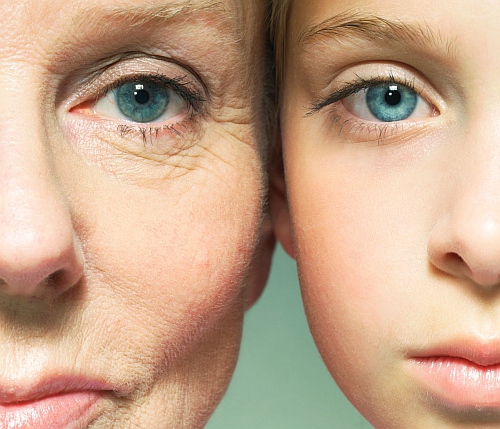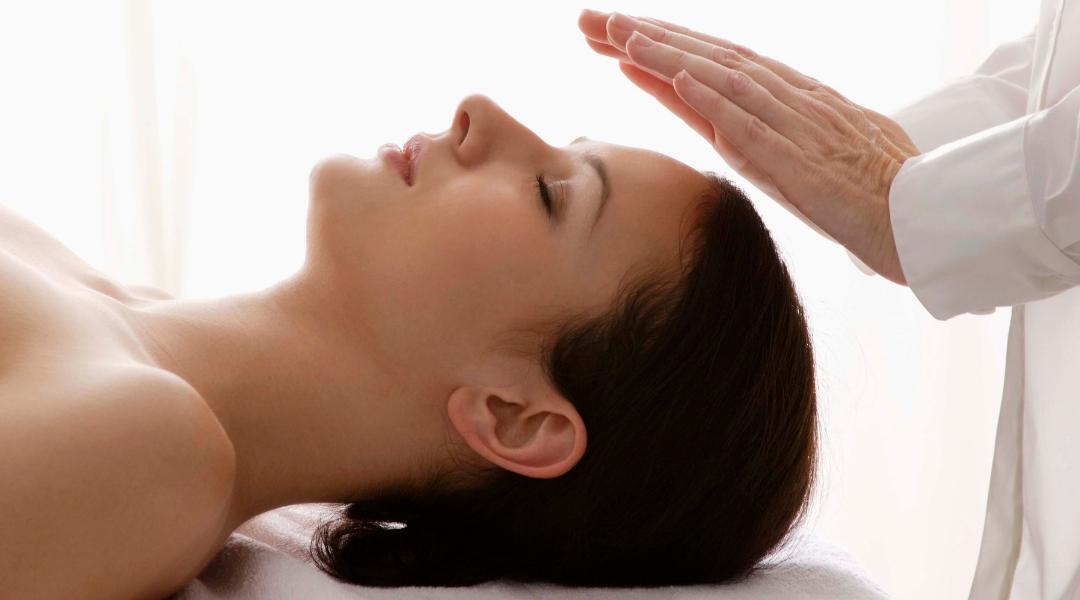
Balancing Hormones: Best and Worst Foods to Eat
Hormones are fundamental chemical messengers to the body. They are a part of people’s daily life by performing critical bodily functions. However, with age and environmental factors, people experience hormonal fluctuations that result in unwanted and distressing signs and symptoms.
What are Hormones?
The body generates hormones that control different functions of the entire body system. They regulate complex body processes, including blood pressure, mood, growth, development, and sexual performance. However, people, as they age, endure hormonal problems. Besides aging, certain factors contribute to hormonal fluctuations. A fatty-rich diet and a sedentary lifestyle can cause hormones to be unstable.
When the human body has fewer or more hormones, it disrupts the body’s natural signaling pathways which contribute to infertility, weight problems, poor sex drive, diabetes, and other health problems.
What Can I Take to Balance my Hormones?
What we eat affects our hormones. It is, therefore, essential to pay more attention to what we eat and have the following foods as part of our diet.
- Healthy fats. Hormones positively thrive on healthy fats. Consume fatty acids in the form of nuts, avocado, olive oil, and fish. Salmon and tuna are great to boost reproductive hormones too!
- Cruciferous vegetables. Vegetables are not only heart-healthy but also hormone-friendly. Make sure to include broccoli, kale, cabbage, cauliflower in your meals for well-balanced hormone levels.
- Probiotics. The gut plays a role in hormone synthesis. Yogurt and kimchi contain good bacteria to keep up a healthy digestive system.
How to Lose Weight While on Hormone Replacement Therapy?
Many women who are on hormone replacement therapies report weight gain or growing belly fat. Although science did not confirm any strong association between hormone replacement therapies and gaining weight, maintaining a healthy weight makes you feel and look good.
- Eat and drink healthily. Consume more fruits and vegetables, and avoid highly processed junk foods and sugary drinks.
- Establish a healthy sleeping routine. Aim to sleep six (6) to eight (8) hours a day.
- Get moving. Exercise regularly, at least five (5) times a week.
- Manage stress. Stress contributes to overeating and many health problems. Manage stress through meditation, deep breathing exercises, exercise, and enjoying outdoor activities.
- Drink water. Water has a satiety effect and helps flush out unwanted toxins in the body.
How to Cure Hormonal Imbalance?
Modern science suggests the use of Ayurveda medicine in rectifying hormonal imbalance. Ayurveda is the discipline that utilizes herbs and employs the idea of eating right to reverse health problems, including hormonal fluctuations.
Herbs. Certain herbs are found to have a positive effect on balancing hormones, particularly sex hormones. Milk thistle, Maca, Turmeric, Dandelion Root, Red Clover, Tongkat Ali, and Oatstraw are among the herbs that do not only manage menopausal symptoms but also cure hormonal imbalance.
How Can I Balance My Hormones – Three Things to Avoid
Poor diet and sedentary lifestyle not only pose health threats but also contribute to hormone fluctuations. The following are the foods and practices you should avoid to maintain healthy levels of hormones.
- Do not eat sugary food products. Excessive sugar intake not only affects insulin sensitivity but also disturbs gut bacteria, which influences hormone production.
- Cut down alcohol intake. While it is okay to drink moderately, drinking too much alcohol impedes the body’s way to synthesize hormones, particularly sex hormones.
- Sleep better. Poor sleeping (and resting) habits contribute to low testosterone levels in men. Sleep deprivation also spikes the cortisol level, which raises blood pressure and depresses the immune system.




